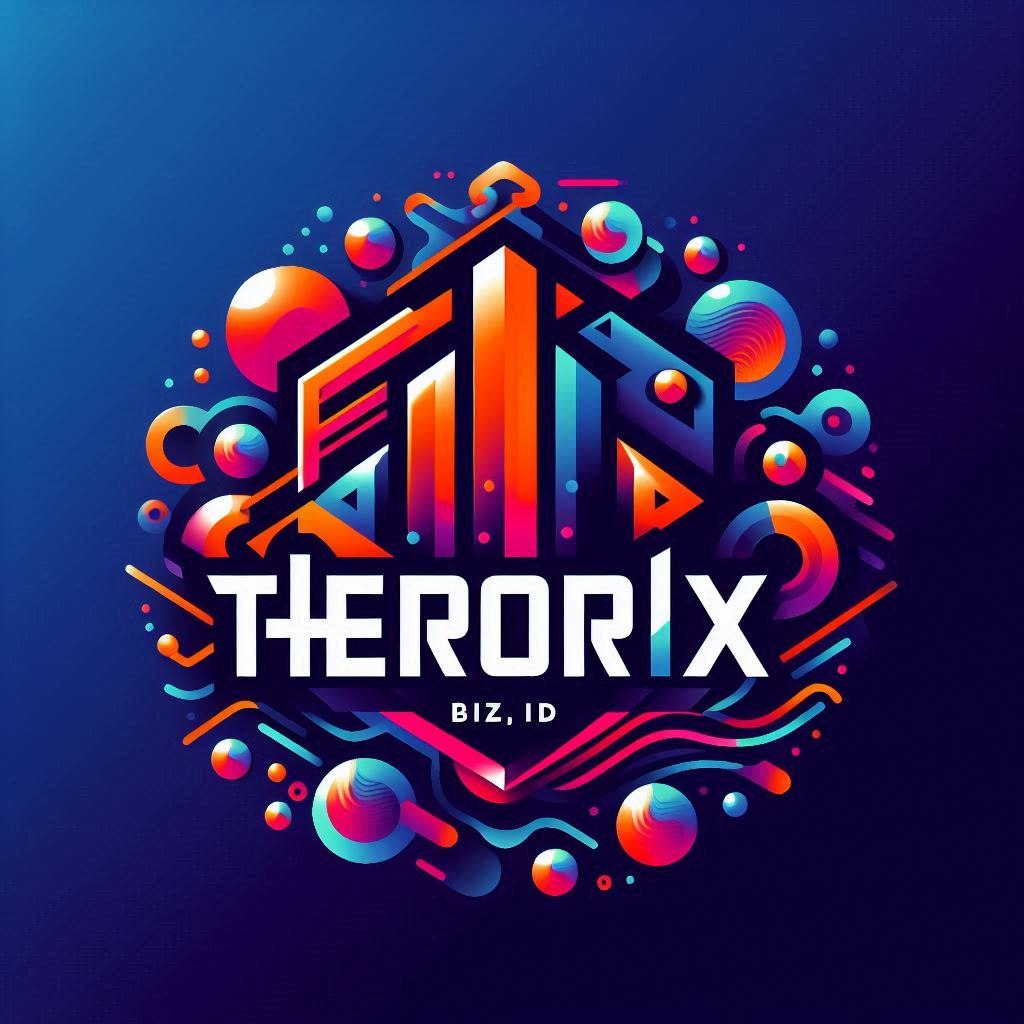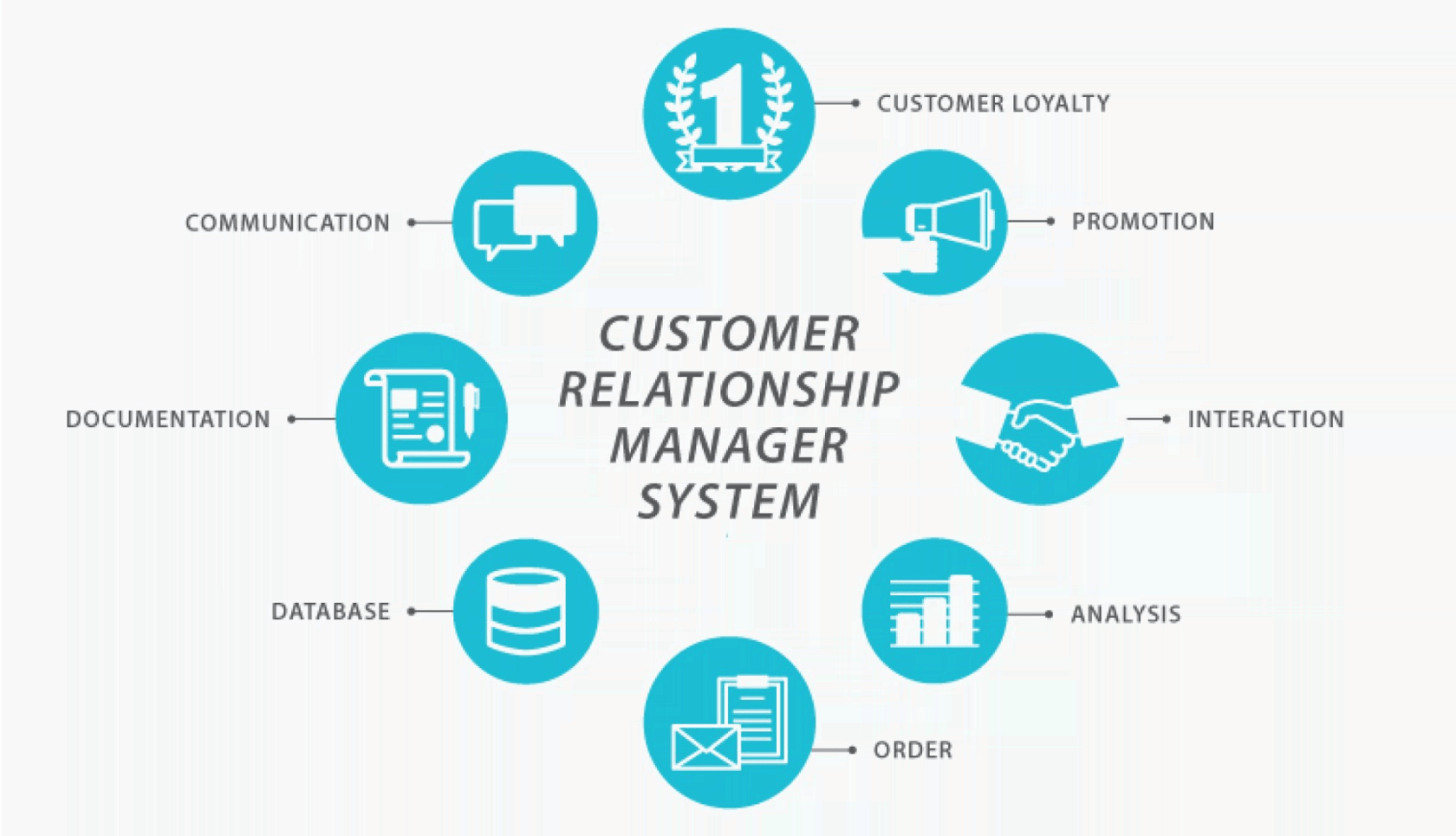In today’s fast-paced business world, managing customer relationships and executing projects efficiently are no longer two separate goals—they must work together seamlessly. That’s where a Project Management CRM comes in: a hybrid solution that merges the strengths of Customer Relationship Management (CRM) with powerful project management capabilities.
For service-based businesses, agencies, consultancies, and freelancers, this type of software ensures not only that you land the client—but also that you deliver results on time, on budget, and with total transparency.
What Is a Project Management CRM?
A Project Management CRM is a software platform that combines traditional CRM features—like contact management, lead tracking, and communication history—with tools designed to plan, assign, and execute projects.
Rather than switching between a CRM system and a separate task manager (like Trello, Asana, or Monday.com), businesses can manage everything in one place. This streamlines internal workflows, improves collaboration, and enhances client satisfaction by ensuring both sides stay in sync.
Key Features of Project Management CRMs
🔄 Contact & Lead Management
Track every client interaction, from the first email to the signed proposal, and continue engagement throughout the project lifecycle.
📋 Task Assignment
Break projects into manageable tasks, assign them to team members, and set priorities and deadlines.
📆 Calendar & Timeline Views
Use Gantt charts or Kanban boards to visually manage your workflow and keep projects on track.
📁 Document Sharing
Share files, designs, and reports securely with your team and clients—all within the platform.
💬 Communication Hub
Centralize emails, messages, notes, and call logs so nothing gets lost or forgotten.
📊 Progress Tracking
Monitor real-time updates on project milestones, team workload, and potential roadblocks.
🧾 Invoicing & Time Tracking
Track billable hours and generate invoices directly based on project progress.
Why Use a CRM for Project Management?
Traditional CRMs are excellent for acquiring and nurturing leads, but once a deal is closed, many fail to support what happens next: actual delivery. A Project Management CRM closes this gap.
✅ Better Collaboration
Sales, service, and delivery teams can work within one system, minimizing handoff errors and confusion.
✅ Greater Client Transparency
Clients can be granted access to project dashboards, updates, and files, leading to stronger trust and communication.
✅ Time & Cost Efficiency
With centralized tools, your team avoids app-switching and manual data entry—saving hours each week.
✅ Enhanced Customer Experience
Consistent communication and reliable delivery keep customers happy and loyal.
Best Use Cases
A Project Management CRM is ideal for:
-
Marketing agencies managing client campaigns
-
Consulting firms delivering long-term projects
-
IT & software development teams handling sprints and deliverables
-
Construction companies juggling milestones, teams, and subcontractors
-
Freelancers coordinating with multiple clients and deadlines
Top Project Management CRMs in 2025
Several platforms now offer powerful CRM + project management integrations:
1. Zoho Projects + Zoho CRM
A tight integration between CRM and project tools with automation features.
2. ClickUp
All-in-one workspace that combines CRM pipelines with project and task management.
3. Bitrix24
Includes CRM, project management, team collaboration, and client portals.
4. Insightly
A CRM built with project management features, ideal for small to mid-sized businesses.
5. HubSpot + Asana Integration
Use HubSpot for CRM and connect Asana for powerful project handling.
Real-World Example
Let’s say a digital marketing agency signs a new client using their CRM. Once the deal is closed:
-
A new project is automatically created.
-
The onboarding task list is triggered.
-
Team members are assigned content, design, and ad strategy tasks.
-
Client receives a project dashboard with timelines and deliverables.
-
Progress is updated in real-time, and the client stays informed.
The result? Smooth delivery, a happy client, and a more productive team.
Final Thoughts: One Platform, Two Essential Functions
A Project Management CRM doesn’t just track customers—it delivers value to them. It empowers your team to move from prospecting to execution without skipping a beat. For growing businesses, this kind of software is not just convenient—it’s essential.
By merging CRM with project management, you create a single source of truth for your business—where communication, execution, and client satisfaction live in harmony.
If you’re serious about scaling operations while keeping customer experience at the center, it’s time to bridge the gap between sales and service with a Project Management CRM.
Key Features of a Project Management CRM
🔁 Lead-to-Project Workflow
Once a lead becomes a customer, seamlessly convert them into a project without switching tools or losing data.
🗂️ Task and Milestone Tracking
Break down each project into tasks, assign responsibilities, set deadlines, and track progress—all visible within the CRM context.
📞 Integrated Client Communication
Email, call, or message clients directly from the platform and tie every conversation to the related project.
📅 Calendar and Scheduling
Coordinate meetings, deadlines, and task assignments using shared calendars and automated reminders.
📊 Dashboards and Reporting
Monitor both sales performance and project completion rates through real-time dashboards.
🤝 Team Collaboration
Enable multiple users to collaborate on client records, comment on tasks, and share documents—keeping everyone in sync.
Why Businesses Use a Project Management CRM
1. Stronger Customer Experience
When sales and service teams share the same platform, there’s no miscommunication or data loss during handoffs.
2. Faster Onboarding
Once a client signs, onboarding begins instantly with pre-assigned tasks, timelines, and responsibilities.
3. Increased Productivity
Team members work from a single interface without switching between tools like Trello, Asana, and a separate CRM.
4. Better Accountability
Managers can track performance on both customer engagement and task execution in one place.
5. Data-Driven Decisions
From sales conversion to project delivery timelines, you get full visibility into what’s working and what’s not.
Best Use Cases
A Project Management CRM is ideal for:
-
Digital marketing and creative agencies managing campaigns and client expectations
-
Consultants and coaches who sell services and track deliverables
-
Software development firms needing to manage client feedback and feature rollouts
-
Event planners and logistics companies coordinating multiple moving parts
-
Construction and home services where each deal becomes a detailed project
Top Project Management CRM Tools in 2025
Here are some leading platforms that merge CRM with project management capabilities:
🛠️ Zoho Projects + Zoho CRM
Offers deep integration between CRM and task/project modules.
📂 Insightly
Built from the ground up to manage both customer data and project tasks.
📋 Monday.com
A highly visual tool with CRM and project workflows in one flexible system.
🧩 Bitrix24
All-in-one business suite with CRM, project tools, team chat, and more.
🧠 ClickUp CRM
Known for customizable workflows and CRM views combined with task management.
Real-World Example
A small marketing agency uses a Project Management CRM to:
-
Capture leads from its website
-
Nurture them through a sales pipeline
-
Close deals and automatically start project workflows
-
Assign team members to client tasks
-
Track deadlines, feedback, and revisions
-
Keep clients updated through shared portals
The result? Smoother handoffs, fewer errors, faster delivery, and happier clients.
Final Thoughts: One System, Endless Value
The traditional gap between sales and service is being closed by Project Management CRM platforms. These tools empower businesses to not only win clients but also deliver results with consistency and clarity.
In a world where customer satisfaction is directly linked to operational efficiency, integrating CRM and project management isn’t just smart—it’s essential.
If your business thrives on both client interaction and precise execution, a Project Management CRM could be your most valuable asset.

